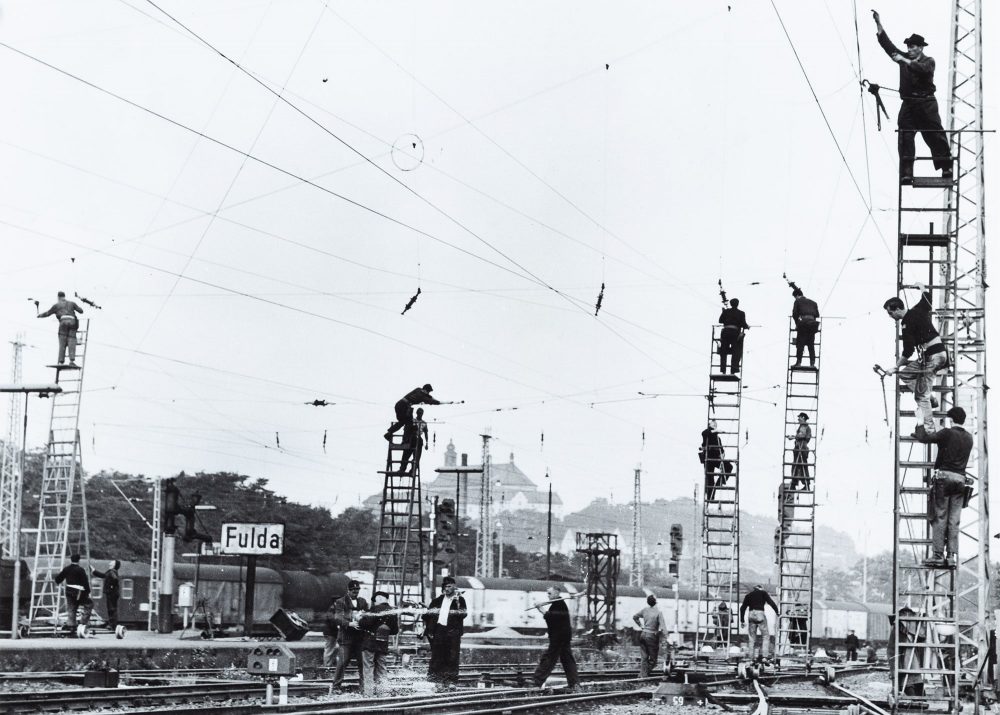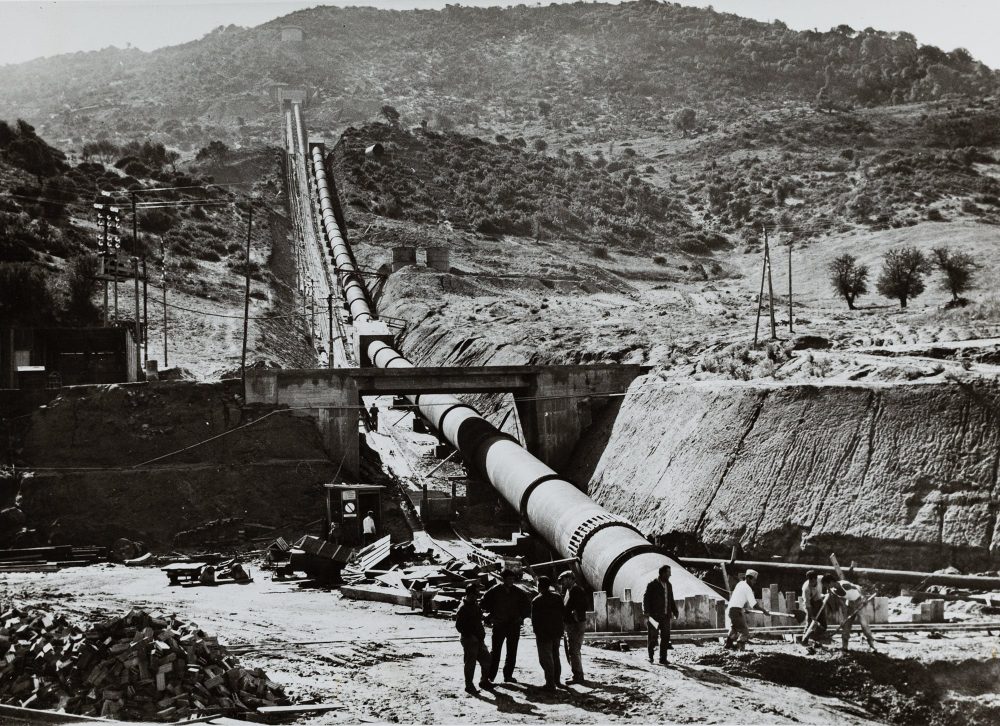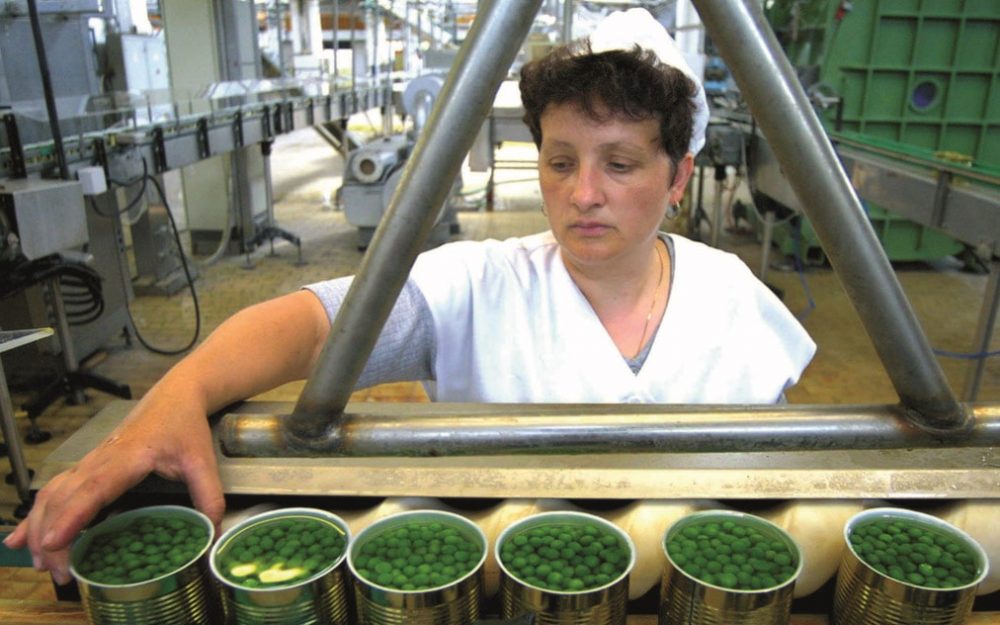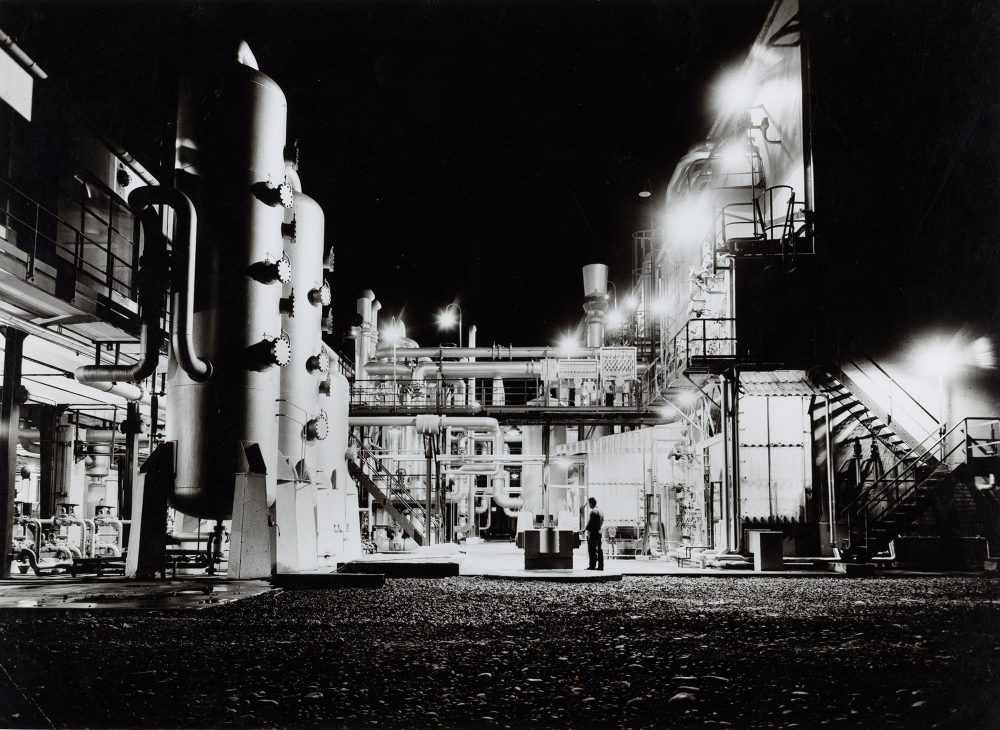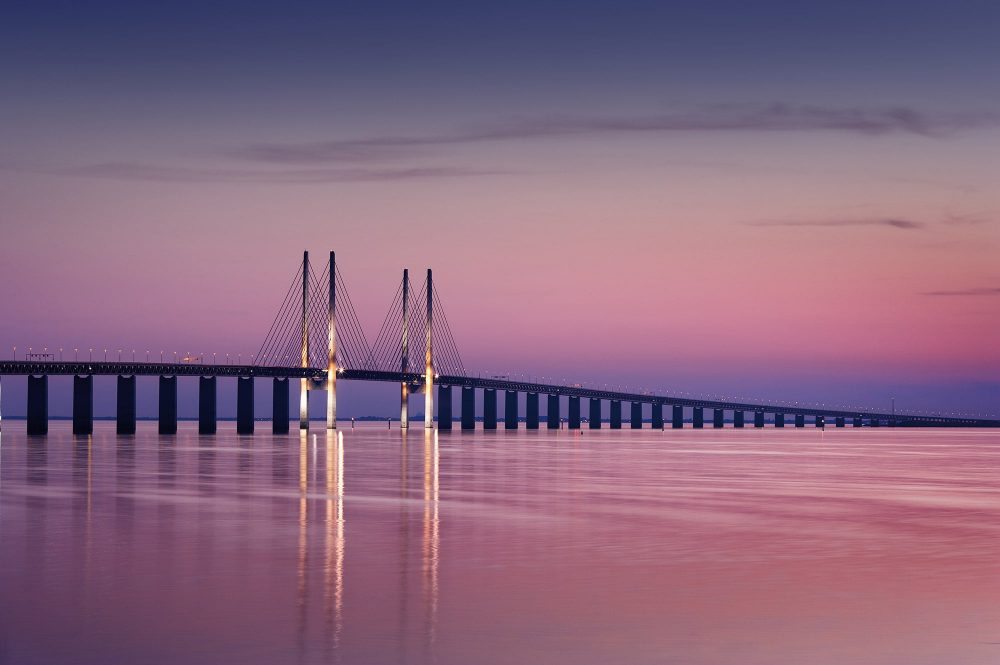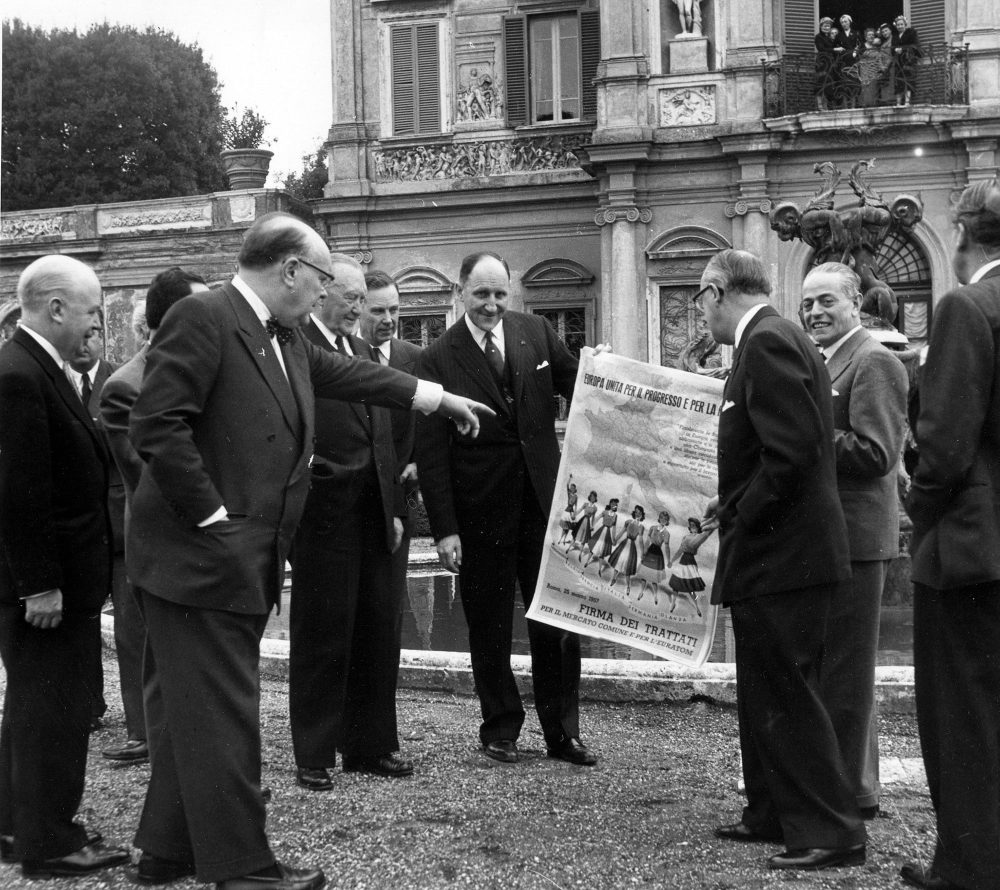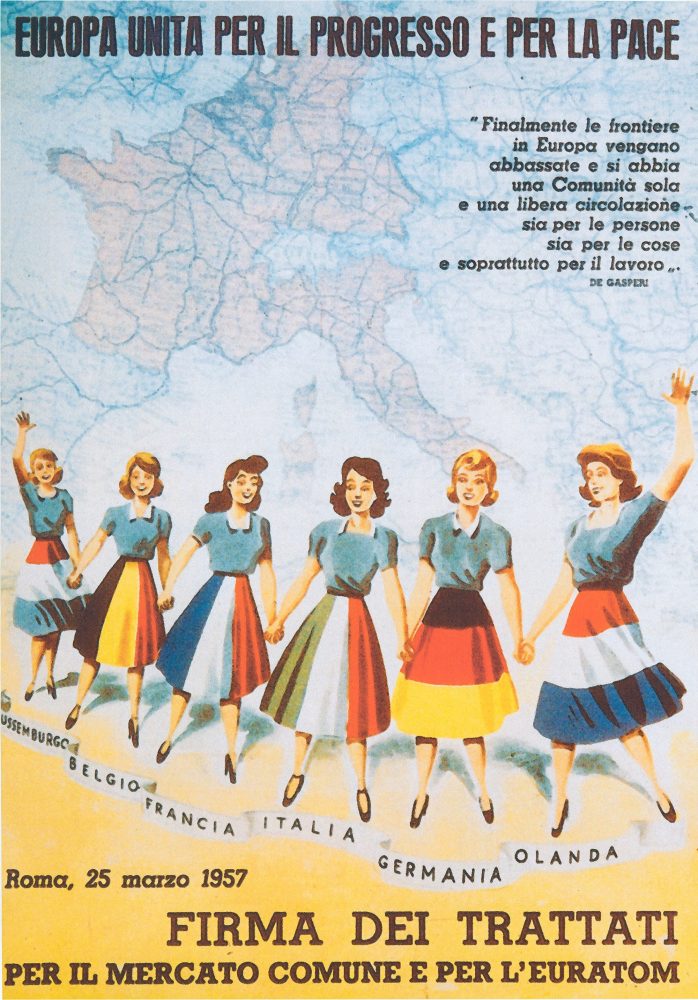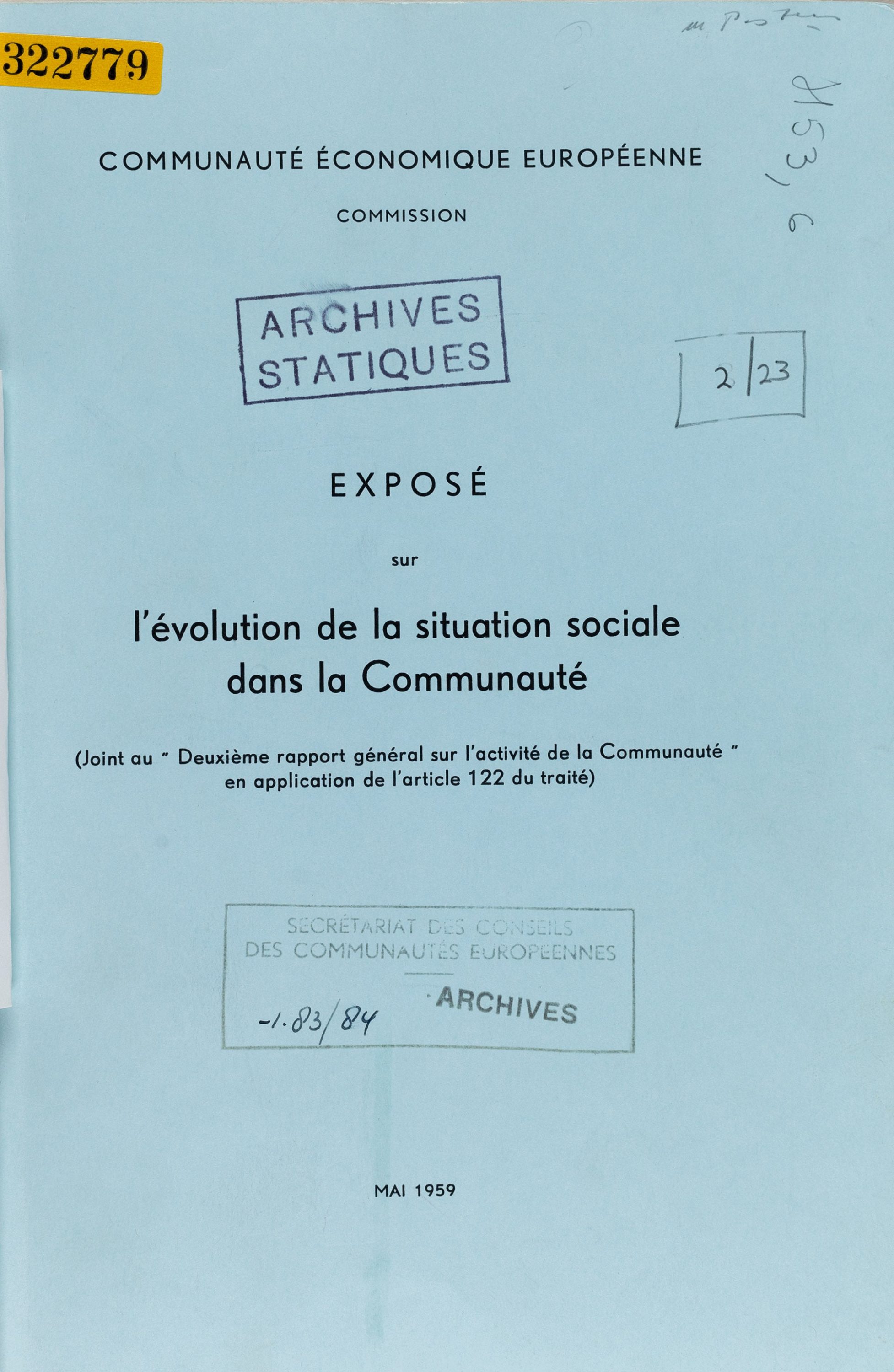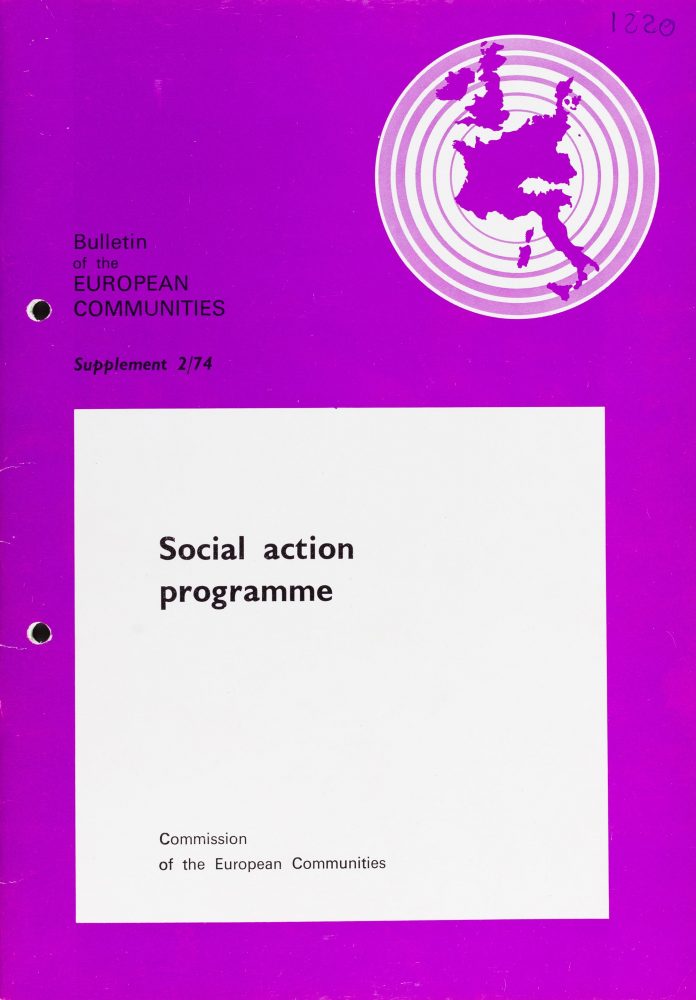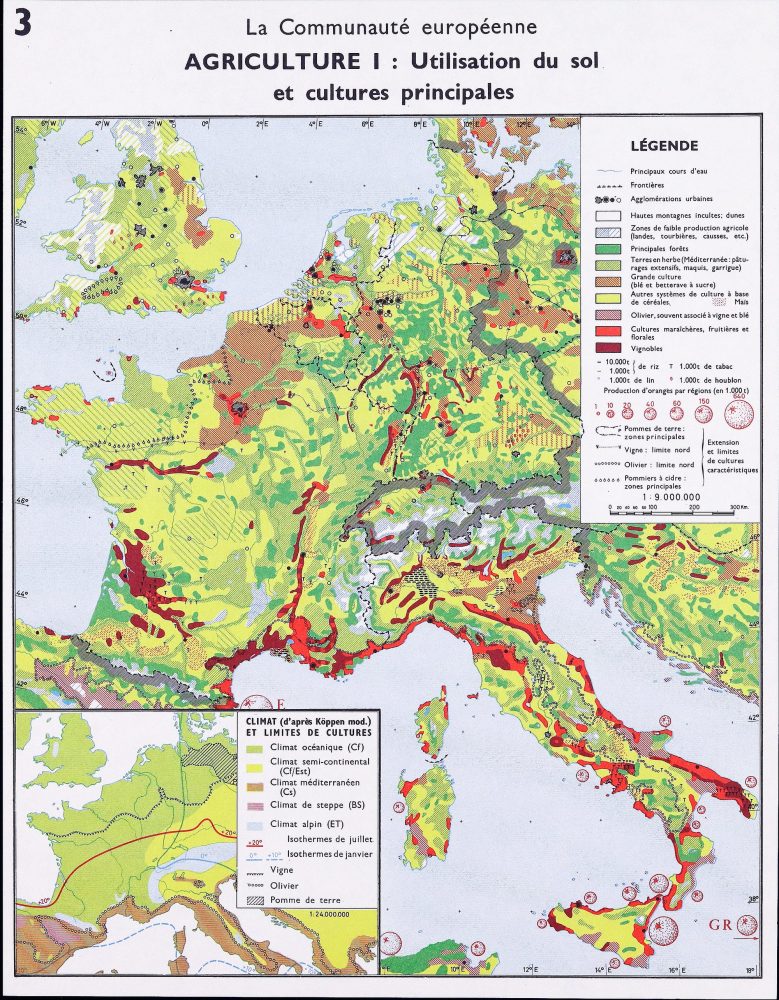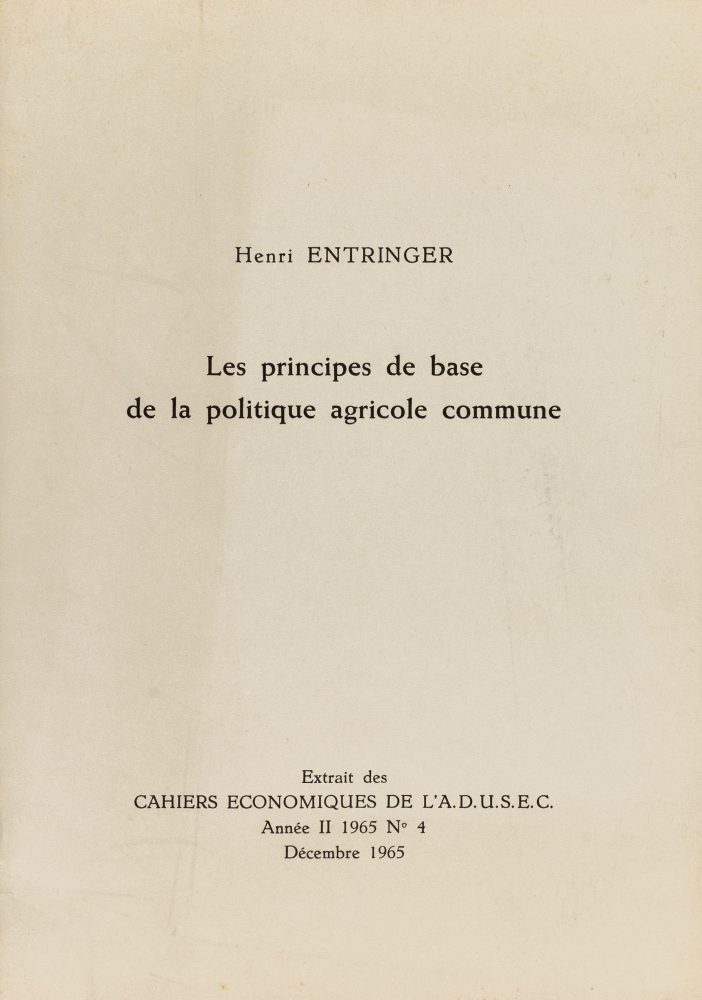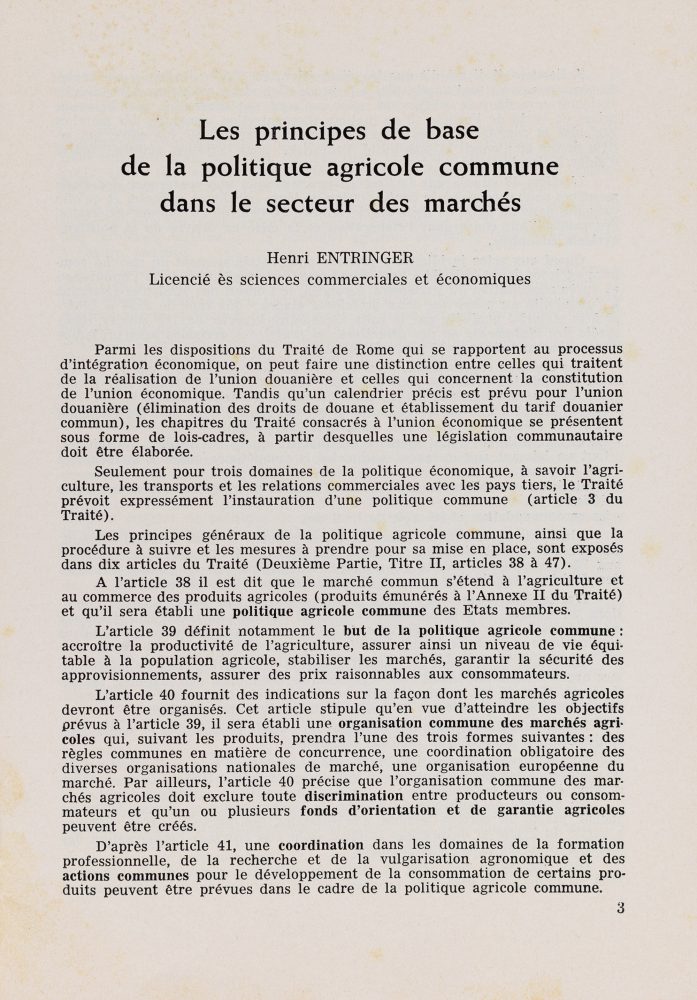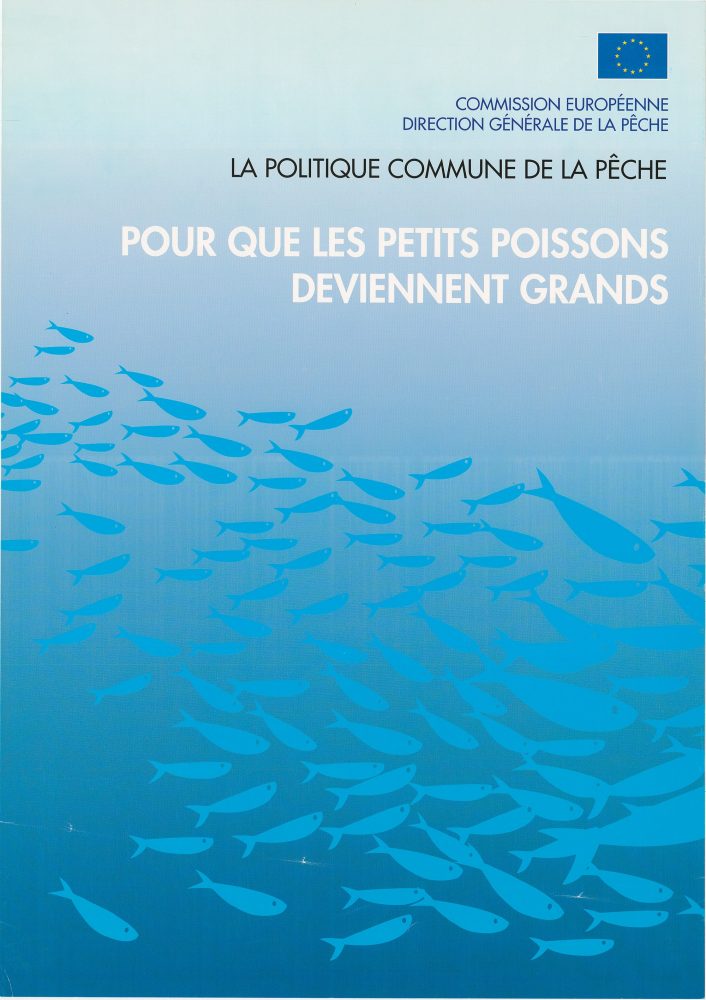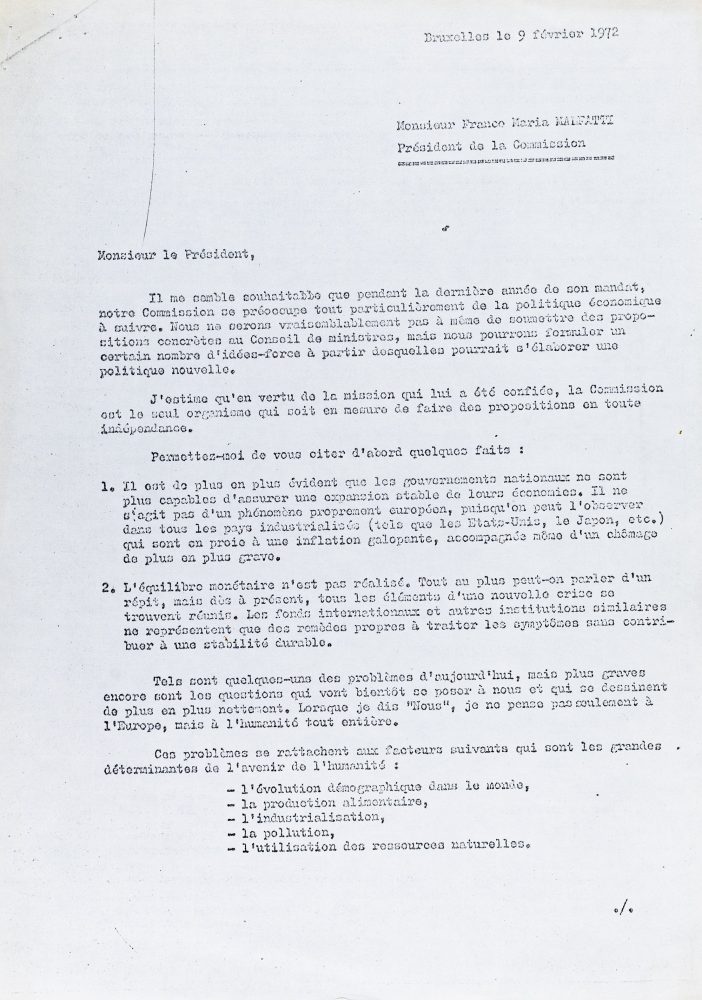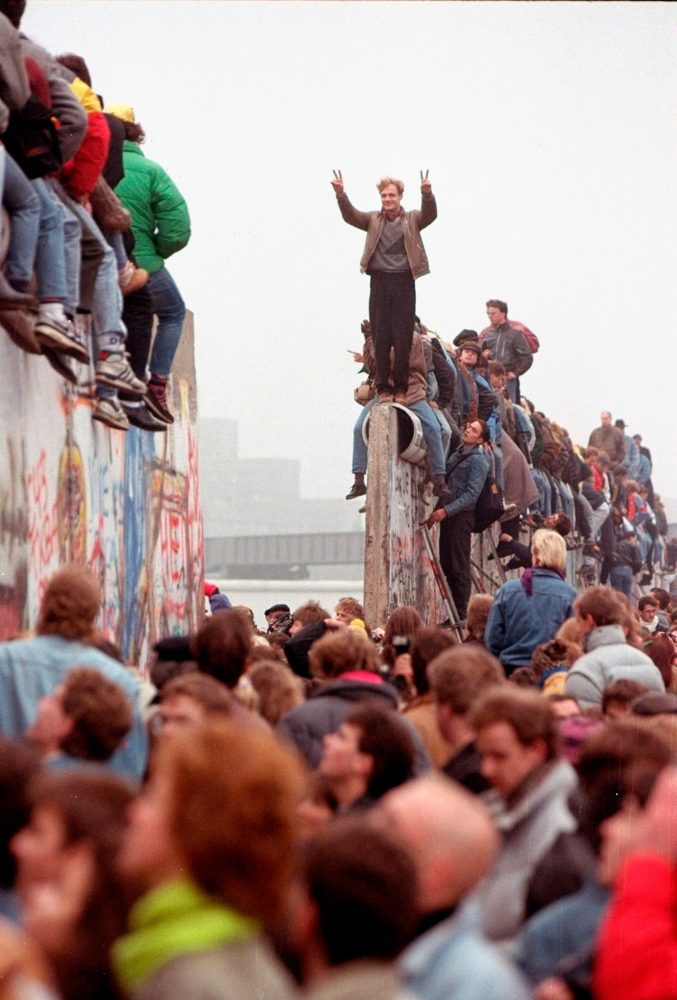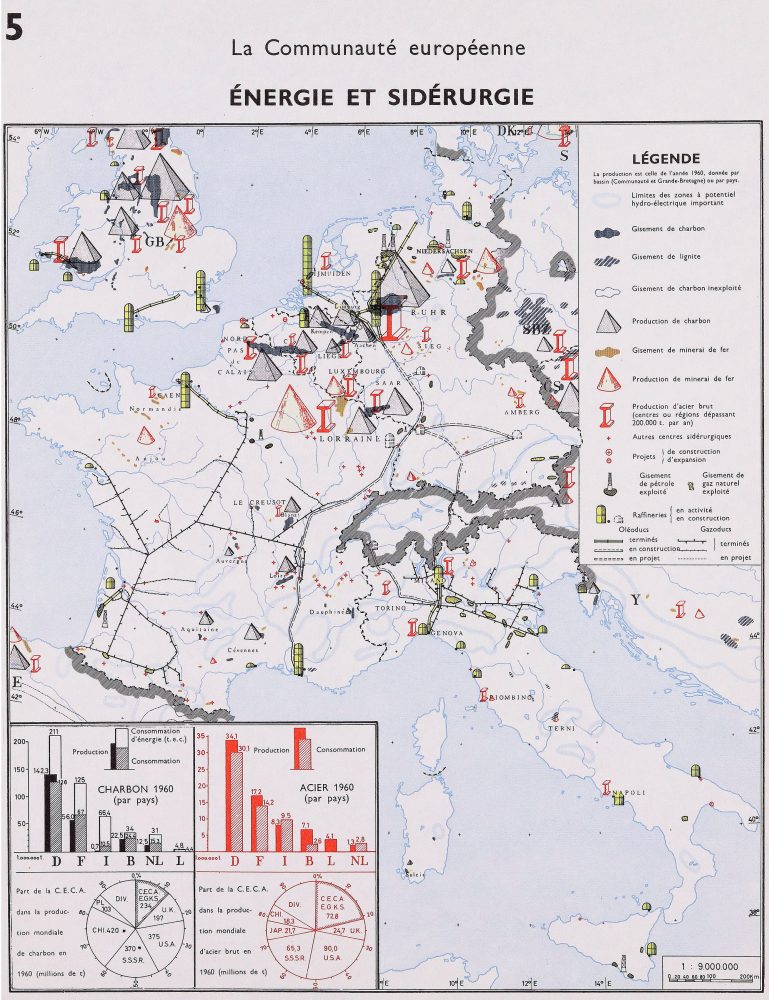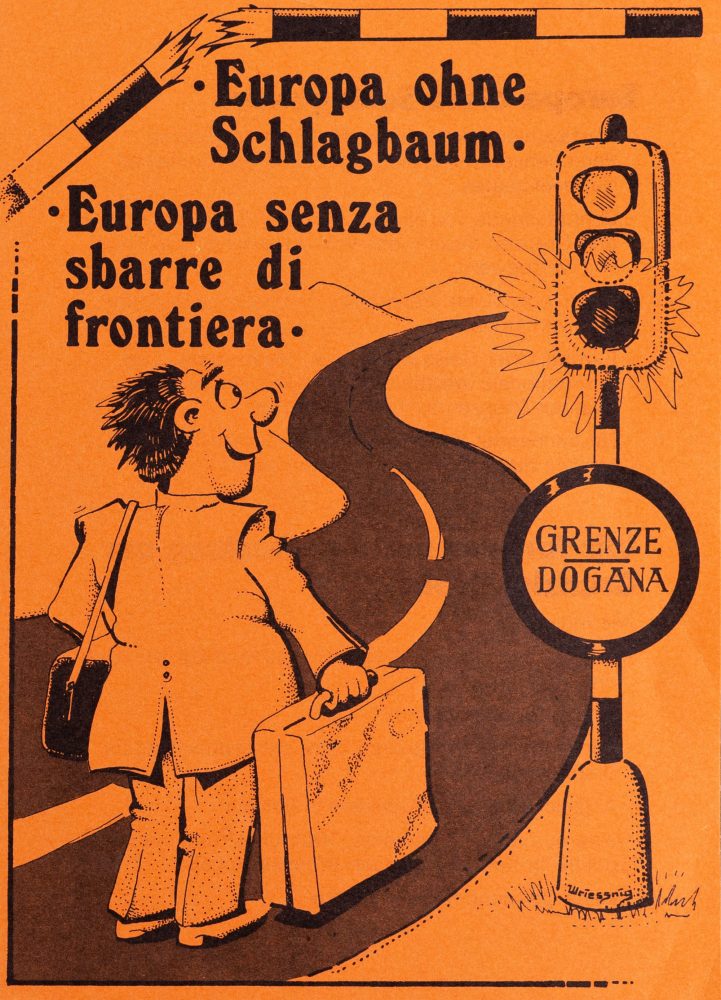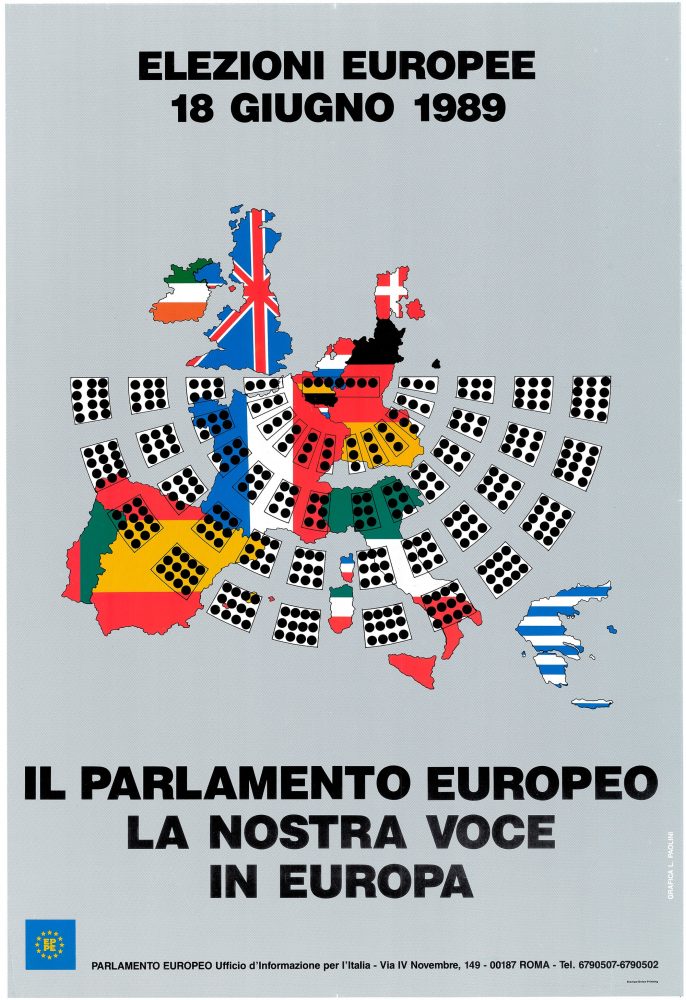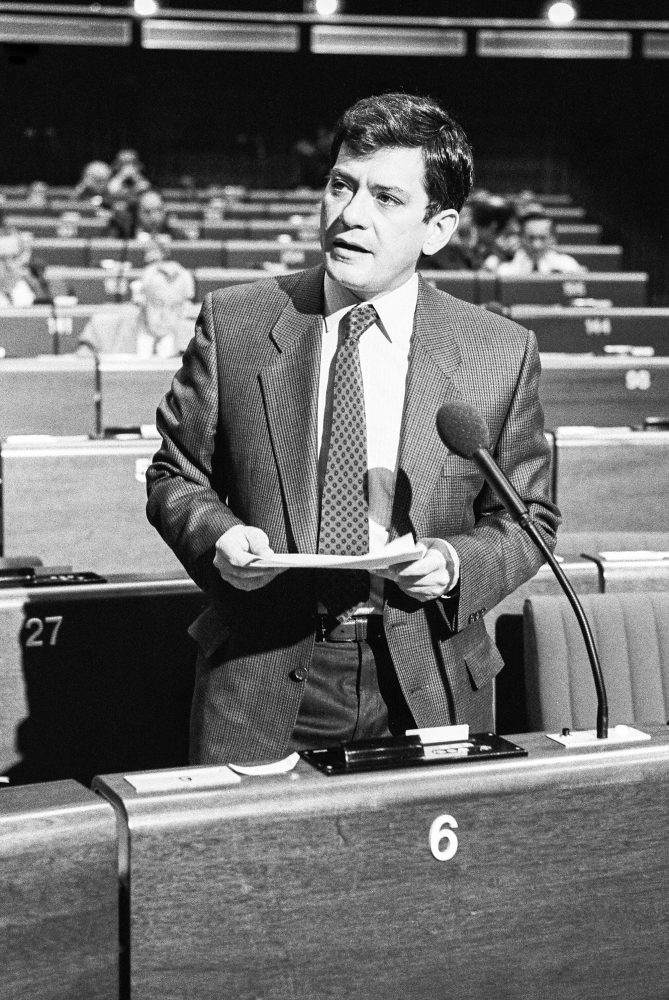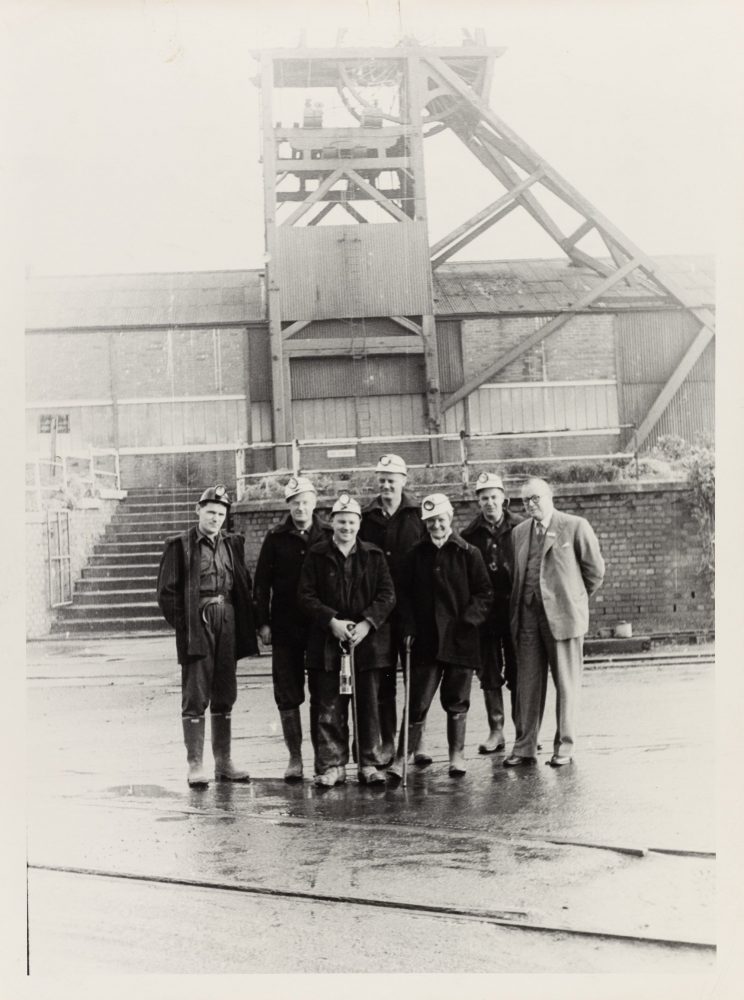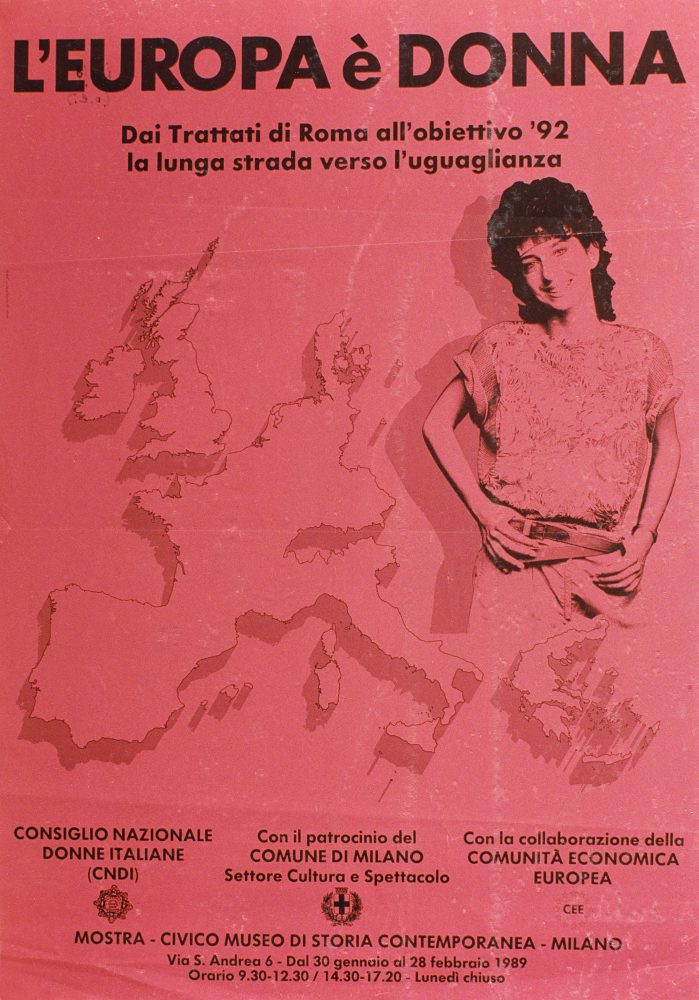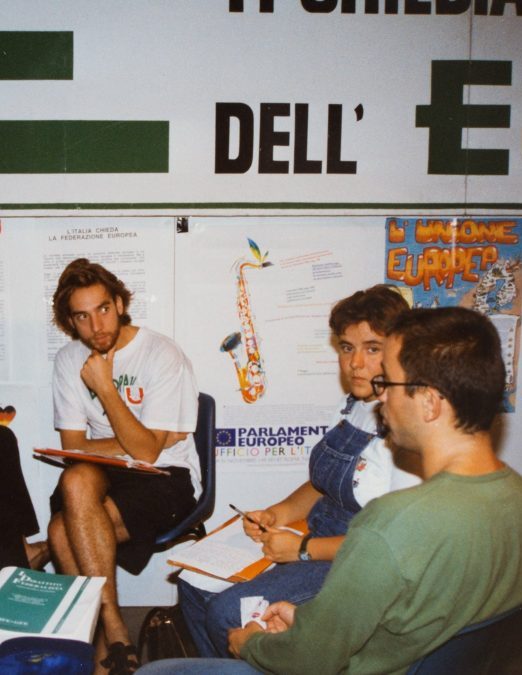Solidarity
“[Europe] will be built through concrete achievements which first create a de facto solidarity”
The European project started with coal and steel but then broadened its focus to the economic sector, agriculture, social issues, the environment and many other policy fields. One of the original goals of the European Communities was to reduce the gaps between the various European regions, by strengthening the unity of their economies end ensuring their continuous development.
European institutions invested in development projects that left concrete footprints in the landscape of the Member States, and implemented a growing range of common policies that affect the everyday lives of European citizens. This process was not straightforward nor predetermined, but in the end it has fostered an ever-expanding web of relations between European countries. The question remains, how much it has contributed to create a de facto solidarity.
Josep Borrell (ES),
President of the European Parliament 2004-2007. HAEU, INT 799
Europe invests in regional development
The European Investment Bank (EIB) was established in 1958 to contribute to the financing of viable capital projects which further EU core values and policy goals.
Petrus Mathijsen (NL),
European Commission official 1977-1986. HAEU, INT 215
Treaties of Rome
On 25 March 1957 the representatives of Belgium, France, Italy, Luxembourg, the Netherlands and West Germany signed the Treaties of Rome, thereby founding the European Economic Community (EEC) and the EURATOM.
In the Preamble to the Treaty establishing the EEC, all the signatories committed to improve the living and working conditions of their peoples, and to reduce the differences existing between the various regions, in order to ensure the economic and social progress of their countries.
Social policies for workers

A Common Agricultural Policy
The Common Agricultural Policy (CAP), launched in 1962, was the first common policy developed at European level.
Taking care of the Environment
The European Commission published the first European Environmental Action Programme in 1973, while the Common Fisheries Policy was first introduced in the 1970s.

